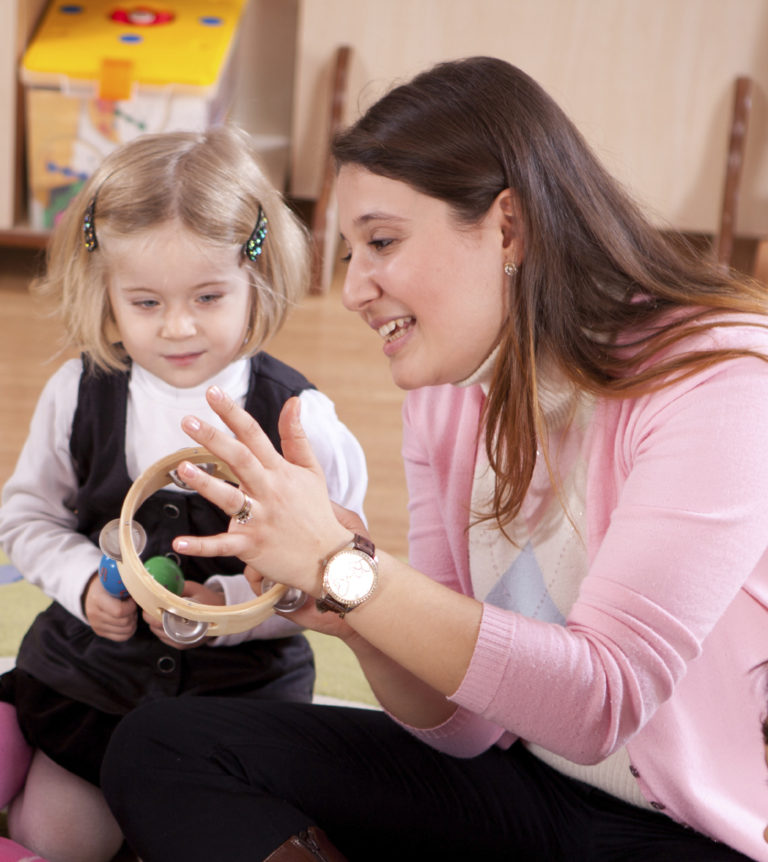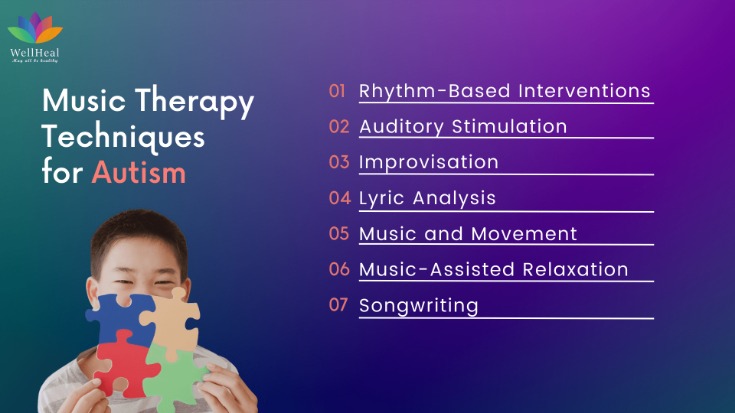
Unlocking Potential: The Power of Piano Lessons for Children with Autism
Read more about Piano lessons for Autism here.
The connection between music and therapy has been widely recognized, but more specifically, Piano lessons for Autism are making strides in helping children tap into their potential. These lessons provide a unique, effective way to engage, communicate, and foster growth.
Benefits of Learning Piano for Children with Autism
While every child is unique, many children with autism spectrum disorder (ASD) share common challenges, such as difficulties with social interaction, communication, and sensory processing. Learning the piano can help address these issues in several ways:
Enhancing Communication Skills
Piano lessons can serve as a therapeutic tool to improve communication skills. Music, particularly piano playing, provides an alternative form of expression for children who may find verbal communication challenging. The structured yet expressive nature of piano music allows children to communicate emotions and ideas without words.
Improving Focus and Attention
One of the key challenges for children with autism can be maintaining focus on tasks. Piano lessons for Autism can significantly improve concentration. The process of reading music, understanding rhythm, and coordinating hand movements requires sustained attention, helping to enhance their overall ability to focus.
Developing Fine Motor Skills
Playing the piano can also improve fine motor skills. The requirement for precise finger movements and the coordination necessary to play notes accurately can aid in the development of motor skills, which are often areas of difficulty for children with autism.
The Emotional and Social Impact
Beyond the cognitive and physical benefits, Piano lessons for Autism can have a profound impact on emotional well-being and social skills.
Building Confidence and Self-Esteem
Learning to play the piano offers a sense of achievement and pride. For children with autism, mastering new pieces and receiving positive reinforcement from a teacher can significantly boost self-esteem and confidence.
Encouraging Social Interaction
Piano lessons often take place in a one-on-one setting, providing a safe and structured environment for social interaction. Over time, this interaction can extend to group settings, such as recitals or ensemble playing, which promote socialization and teamwork.
Providing Sensory Stimulation
The multi-sensory experiences involved in playing the piano—auditory from hearing the notes, visual from reading the music, and tactile from touching the keys—can provide beneficial sensory stimulation and integration, helping to manage sensory processing issues.
Choosing the Right Piano Instructor
When considering piano lessons for Autism, it’s crucial to choose an instructor who is not only skilled in teaching piano but also experienced in working with children with special needs. The instructor should be patient, flexible, and adept at adapting their teaching style to meet the individual needs of each child.
Additionally, many music therapists specialize in using musical instruction, including piano lessons, as a form of therapy for children with autism. These therapists often have the training to address specific behavioral and developmental challenges.
Conclusion
In conclusion, Piano lessons for Autism offer a multifaceted approach to supporting the growth and development of children with ASD. The benefits range from enhancing communication and focus to improving motor skills and emotional well-being. By choosing the right instructor and fostering a supportive learning environment, the transformative power of piano lessons can truly unlock a child’s potential.





